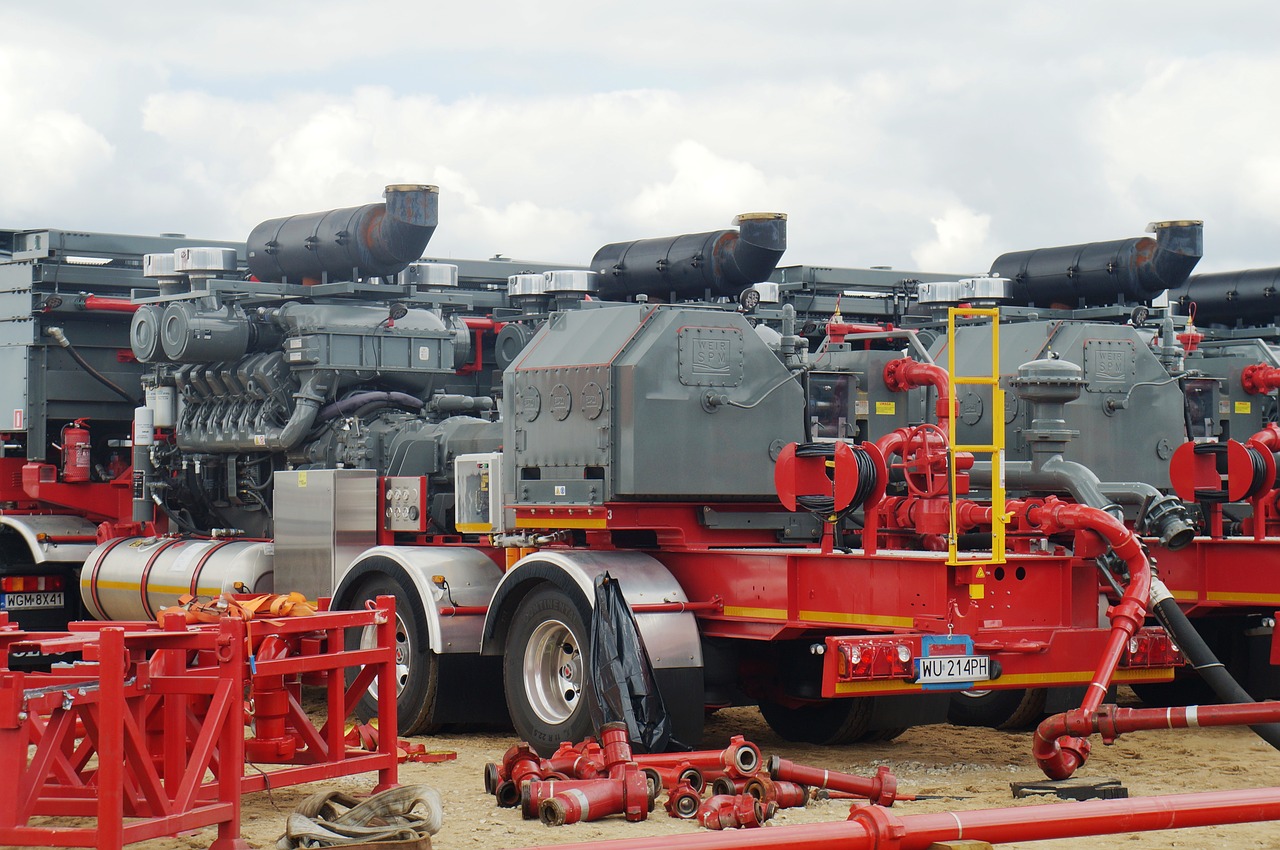
The lack of maintenance of the hydraulic equipment is the main cause of component and system failure, but most maintenance personnel are not familiar with the proper maintenance techniques of hydraulic equipment. Preventive maintenance is essential to the success of any maintenance program either in the hydraulic field or for any type of equipment that requires reliability. Secondly, corrective maintenance must be considered, which in many cases can cause additional damage to the hydraulic components when not done properly.
It’s very important that the hydraulic equipment is checked regularly so that a minor operating problem does not turn into a malfunction, as a malfunction can quickly become very expensive for the budget allocated for the maintenance of these equipments. Some owners of hydraulic equipment assume that these can continue to work indefinitely, or perhaps only with annual safety checks, which is not the case. Regular cleaning and inspection of hydraulic equipment is part of the preventive maintenance strategy, which should be a priority for hydraulic applications.
Safety
First of all, it’s important to consider the safety of people operating hydraulic equipment. According to the safety standards in the field, the equipment must be safe for use, be maintained and inspected for safety to ensure that it’s properly installed and doesn’t deteriorate later on. All employers are required to ensure that the hydraulic equipment is regularly checked so it’s safe and doesn’t pose any danger during use.
If the hydraulic fluid suddenly escapes, it may reach an explosive speed. This can cause serious harm to anyone in the vicinity of the equipment. It should also be noted that hydraulic parts are heavy and often sharp and that unexpected movements caused by a malfunction can seriously harm operators or any other nearby persons. The maintenance of the hydraulic equipment guarantees the safety of all those who interact with it.
Costs
Many damage to hydraulic equipment is caused by dirt particles. These deficiencies can quickly become a cause for costly repairs. Significant expenses can be avoided simply by maintaining the equipment clean and ensuring that the correct protocol is observed when replacing the parts so that dirt doesn’t get into the equipment.
A hydraulic system consists of several different parts, which may require replacement due to general wear. Replacing them before they stop working completely is often relatively inexpensive. Instead, waiting until partial or complete damage occurs to certain components can be a very expensive mistake.
Oil is a component of hydraulic systems that can be costly to change but involves low costs when performing maintenance. Higher than oil change costs are costs related to the operation of the hydraulic system based on oil containing dirt particles, which can cause irreparable damage to other components. Changing the oil so that it remains in excellent condition can prolong the life of filters, pumps, cylinders and valves, which means that they will not require frequent replacement.
Down time
Cleaning and checking the hydraulic equipment may take a few minutes. Replacing a used component may take several hours. Then again, repairing a significant malfunction can take several days or even weeks. Meanwhile, the company loses its productivity, risks additional costs in terms of loss of profit, and in addition, certain delivery times can not be met.
Preventive maintenance
Preventive maintenance of hydraulic equipment is relatively simple and, if made properly, can eliminate most of the faults of frequently occurring hydraulic components. Preventive maintenance activities are performance-oriented rather than oriented towards specific operations. Some companies have well-established preventive maintenance programs but don’t require or the maintenance personnel to follow them or there is no responsibility for the proper execution of these procedures.
Preventive maintenance is the central support that hydraulic equipment needs to have in order to maximize the components’ efficiency and lifetime and to reduce the risk factors that can cause the failure of these equipments.
MPH Solutions offers complex services in the field of hydraulic equipment, from design and redesign of hydraulic equipment to technical assistance and maintenance. In addition, we provide warranty and post-warranty for the hydraulic equipment we deliver.